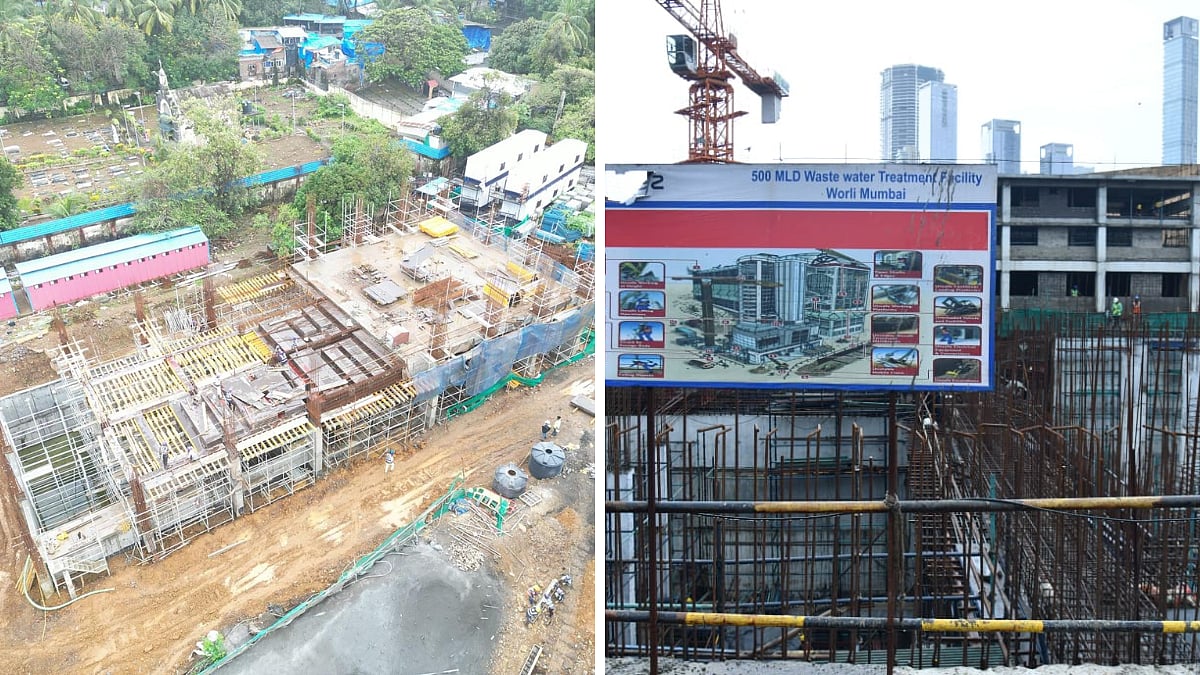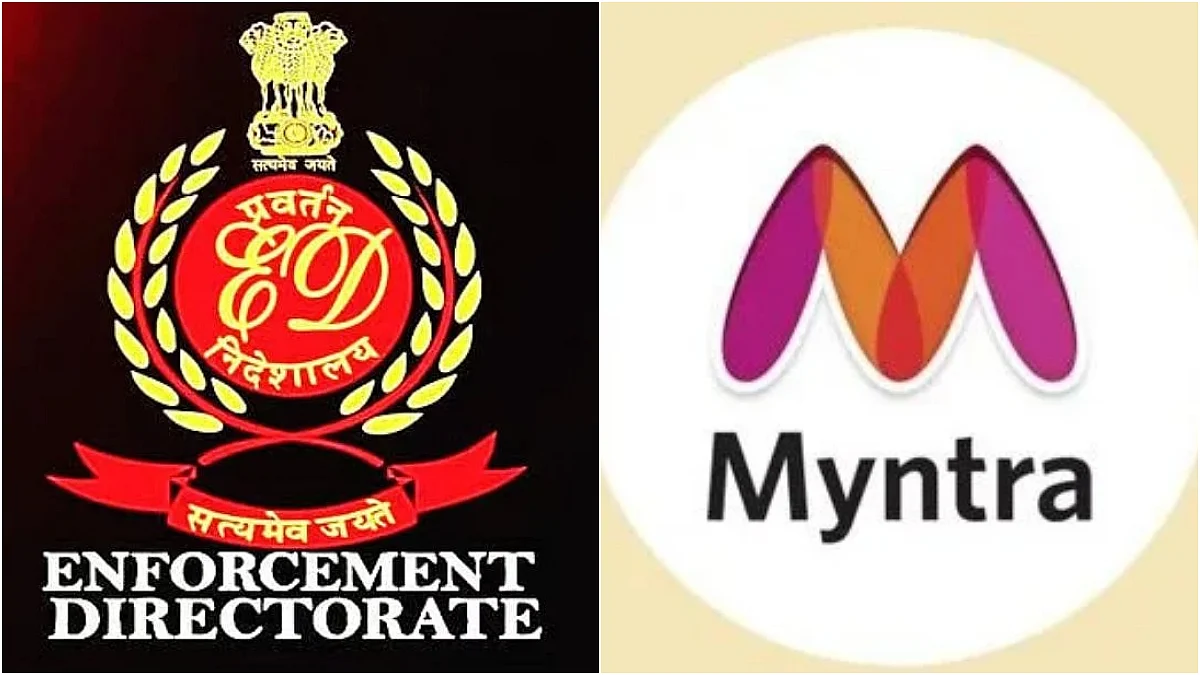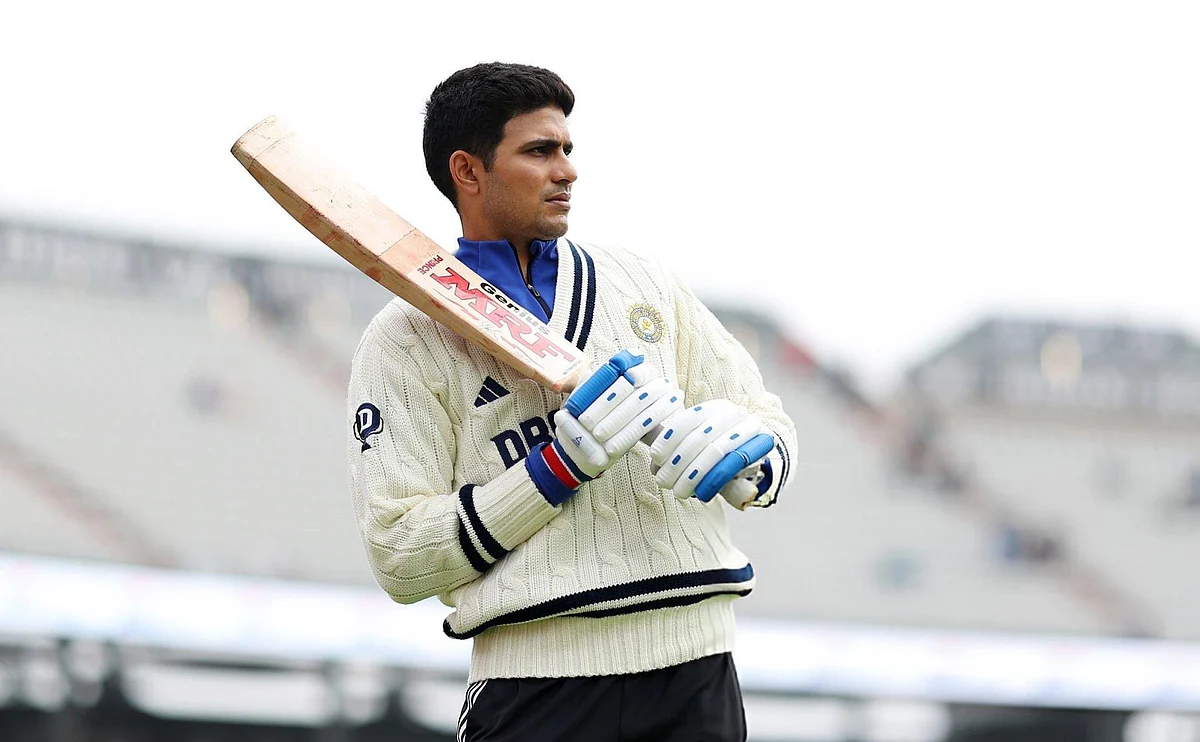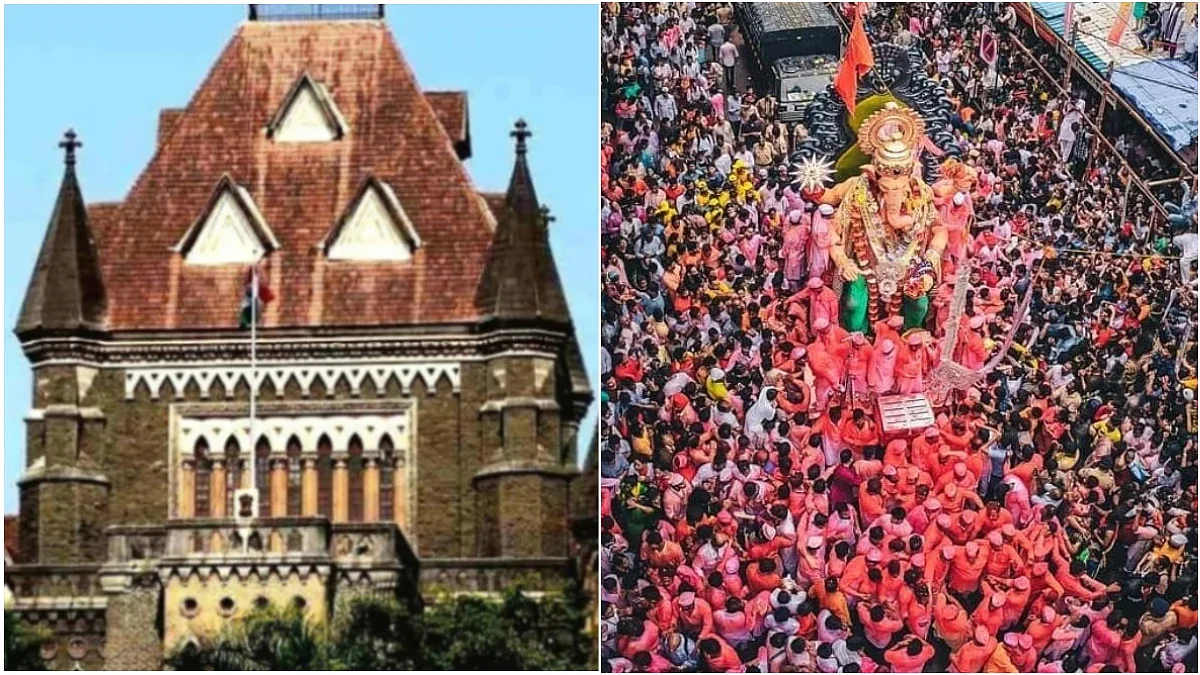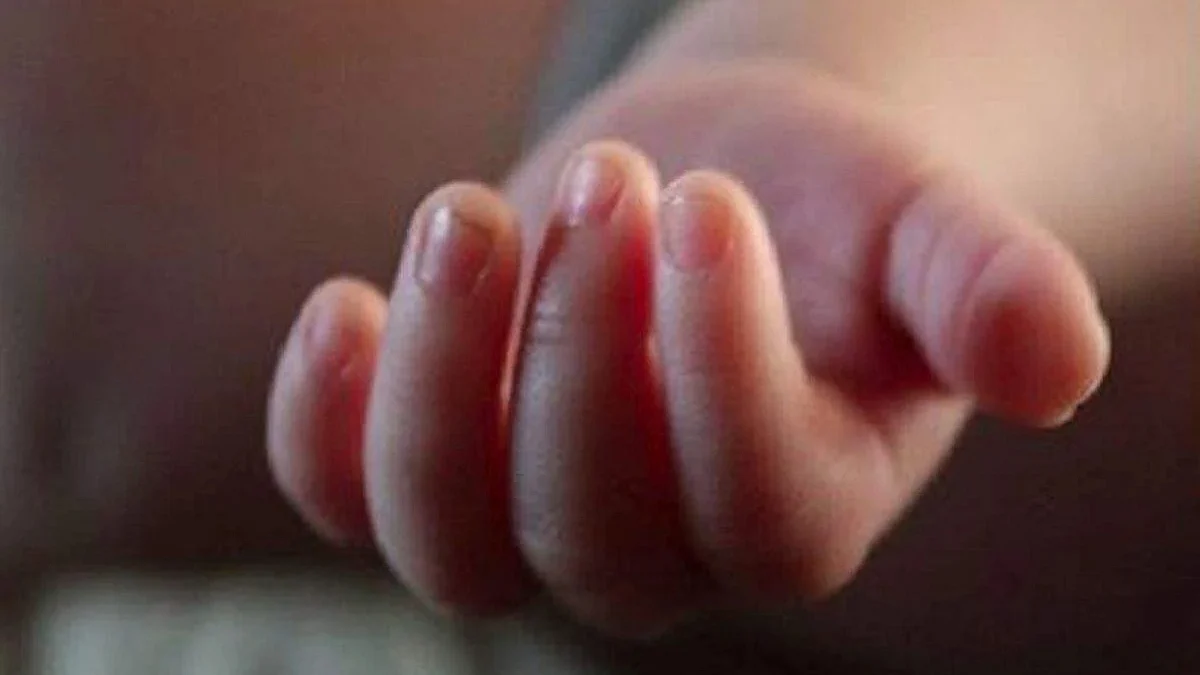Mumbai: With just a year left before the Brihanmumbai Municipal Corporation (BMC) begins commissioning its ambitious sewage treatment plants (STPs) in a phased manner, progress remains slow. According to official figures, the overall construction progress across all seven proposed STPs stands at an average of just 36 per cent.
Launched in 2022, the Rs 30,000 crore project aims to transform how Mumbai treats its wastewater. The city currently generates nearly 3,040 million litres per day (MLD) of sewage, around 78 per cent of its daily water consumption of 3,850 MLD. The new STPs are expected to treat and recycle up to 2,464 MLD of this wastewater.
Details On 7 Sewage Water Plants
The seven plants are being built at Worli, Dharavi, Bandra, Versova, Ghatkopar, Bhandup and Malad, with all except Dharavi involving upgrades to existing facilities. According to an Indian Express report, the Worli STP will be the largest with a capacity of 500 MLD, followed by Malad (454 MLD), Dharavi (418 MLD), Bandra (360 MLD), Ghatkopar (337 MLD), Bhandup (215 MLD) and Versova (180 MLD).
As per BMC’s schedule, STPs at Ghatkopar, Bhandup and Versova are expected to be commissioned by 2026, while Worli, Bandra and Dharavi are set for 2027 and Malad by 2028.
Among the sites, Bhandup has shown the highest progress at 51 per cent, followed by Ghatkopar (42 per cent), Bandra and Worli (34 per cent each), Dharavi (33.7 per cent), Versova (32 per cent), and Malad (28 per cent).
Once operational, these STPs will majorly reduce the volume of untreated sewage being released into Mumbai’s creeks and seas, a move driven in part by the National Green Tribunal’s 2022 penalty of Rs 29.75 crore on BMC for past violations.
Reusable Water To Be Generated From All Sewage Plants
All facilities are being designed to produce 100 per cent reusable treated water, with 50 per cent allocated initially for tertiary treatment to be reused in non-potable applications like industrial and construction needs. The remaining 50 per cent will be secondary treated water released into water bodies.
Officials said several industries, including those in the petroleum sector, have already shown interest in purchasing the tertiary treated water. This not only promises to reduce pollution but will also lower commercial dependence on the city’s potable water supply.
The project, once complete, is expected to bring about a major leap in Mumbai’s urban water management and environmental sustainability.
